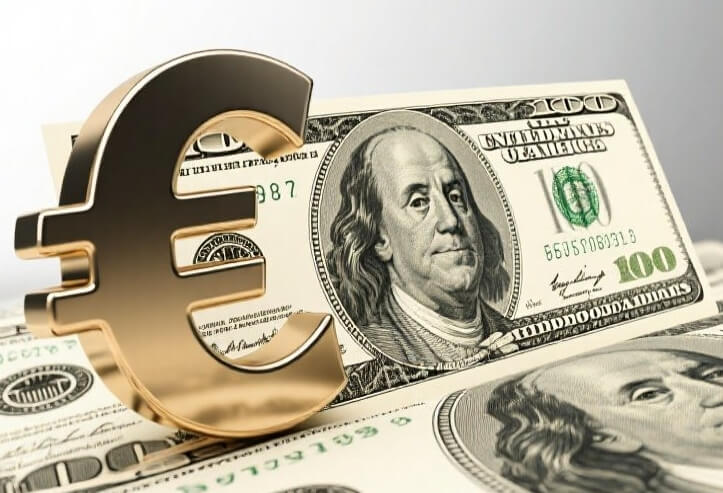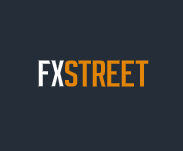
EUR/USD advances as the Greenback offers its recent gains as Treasury yields decline.
US 30-year bond yield retreated after hitting 5.15% on Thursday, the highest in 19 months.
Traders focus on news that Trump put pressure on European Union to reduce tariffs or face additional duties.
EUR/USD recovers its recent losses posted in the previous session, trading around 1.1310 during the Asian hours on Friday. The pair appreciates as the US Dollar (USD) struggles due to a drop in US Treasury yields, which continue to depreciate after the 30-year US bond yield pulled back from 5.15%, the highest in 19 months.
US President Donald Trump's “One Big Beautiful Bill” passed the US House of Representatives and is on its way to the Senate floor, which has raised concerns regarding the increase in the fiscal deficit in the United States (US).
However, the EUR/USD pair registered around 0.50% losses on Thursday as the Greenback advanced as US S&P Global Composite Purchasing Managers’ Index (PMI) posted a 52.1 reading for May, rising from April’s 50.6 reading. Meanwhile, the Manufacturing PMI rose to 52.3 from 50.2 prior, while the Services PMI rose to 52.3 from 50.8.
Fed Governor Christopher Waller noted on Thursday that markets are monitoring fiscal policy. Waller further stated that if tariffs are close to 10%, the economy would be in good shape for H2, and the Fed could be in a position to cut later in the year.
The Financial Times reported that President Trump pushes the European Union (EU) to cut tariffs or face extra duties. US Trade Representative Greer is set to tell EU counterpart Maroš Šefčovič, Commissioner for Trade and Economic Security, that the recent "explanatory note" falls short of US expectations.
On Thursday, European Central Bank (ECB) policymaker Boris Vujčić noted that the “Eurozone growth is positive but low.” Vujčić expects that inflation may get close to the 2% target at the end of the year and achieve the target in early 2026. Meanwhile, Joachim Nagel, President of the Bundesbank and member of the European Central Bank's (ECB) Governing Council (GC), argued that the bank’s current interest rate level is not considered restrictive.
Eurozone’s HCOB Flash PMI highlighted the ongoing economic slowdown in May. The Services PMI fell from 50.1 to 48.9, below estimates of 50.3, and the Manufacturing PMI stood at 49.4, up from 49.0 in April, exceeding forecasts. Meanwhile, the German HCOB Services PMI dipped from 49.0 to 47.2, below forecasts for a 49.5 increase. The HCOB Manufacturing PMI rose by 48.8, up from April’s 48.4, below forecasts for a 48.9 increase. Traders would likely observe the German Gross Domestic Product (GDP) due on Friday.
* The content presented above, whether from a third party or not, is considered as general advice only. This article should not be construed as containing investment advice, investment recommendations, an offer of or solicitation for any transactions in financial instruments.


